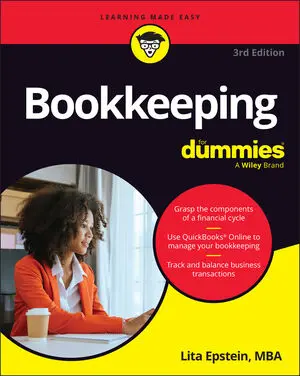You have a lot of leeway regarding the level of wages and salary you pay your employees, but you still have to follow the rules laid out by the U.S. Department of Labor. When deciding on wages and salaries, you have to first categorize your employees. Employees fall into one of two categories:
Exempt employees are exempt from the Fair Labor Standards Act (FLSA), which sets rules for minimum wage, equal pay, overtime pay, and child labor laws. Executives, administrative personnel, managers, professionals, computer specialists, and outside salespeople can all be exempt employees.
They’re normally paid a certain amount per pay period with no connection to the number of hours worked. Often, exempt employees work well over 40 hours per week without extra pay. Prior to new rules from the Department of Labor effective in 2004, only high-paid employees fell in this category; today, however, employees making as little as $23,600 can be placed in the exempt category.
Nonexempt employees must be hired according to rules of the FLSA, meaning that companies with gross sales of over $500,000 per year must pay a minimum wage per hour of $7.25. Smaller companies with gross sales under $500,000 do not have to pay this minimum wage as long as they do not operate across state lines.
For new employees who are under the age of 20 and need training, an employer can pay as little as $4.25 for the first 90 days. Also, any nonexempt employee who works over 40 hours in a seven-day period must be paid time and one-half for the additional hours. Minimum wage doesn’t have to be paid in cash.
The employer can pay some or all the wage in room and board provided it doesn’t make a profit on any noncash payments. Also, the employer can’t charge the employee to use its facilities if the employee’s use of a facility is primarily for the employer’s benefit.
The federal government hasn’t adjusted the minimum wage law since 1997. Many states require minimum wages above those set by the federal government. You can see a detailed breakdown by state at the website of the National Conference of State Legislators.
If you plan to hire employees who are under the age of 18, you must pay attention to child labor laws. Federal and state laws restrict what kind of work children can do, when they can do it, and how old they have to be to do it, so be sure you become familiar with the laws before hiring employees who are younger than 18.
For minors below the age of 16, work restrictions are even tighter than for teens aged 16 and 17. (You can hire your own child without worrying about these restrictions.)






